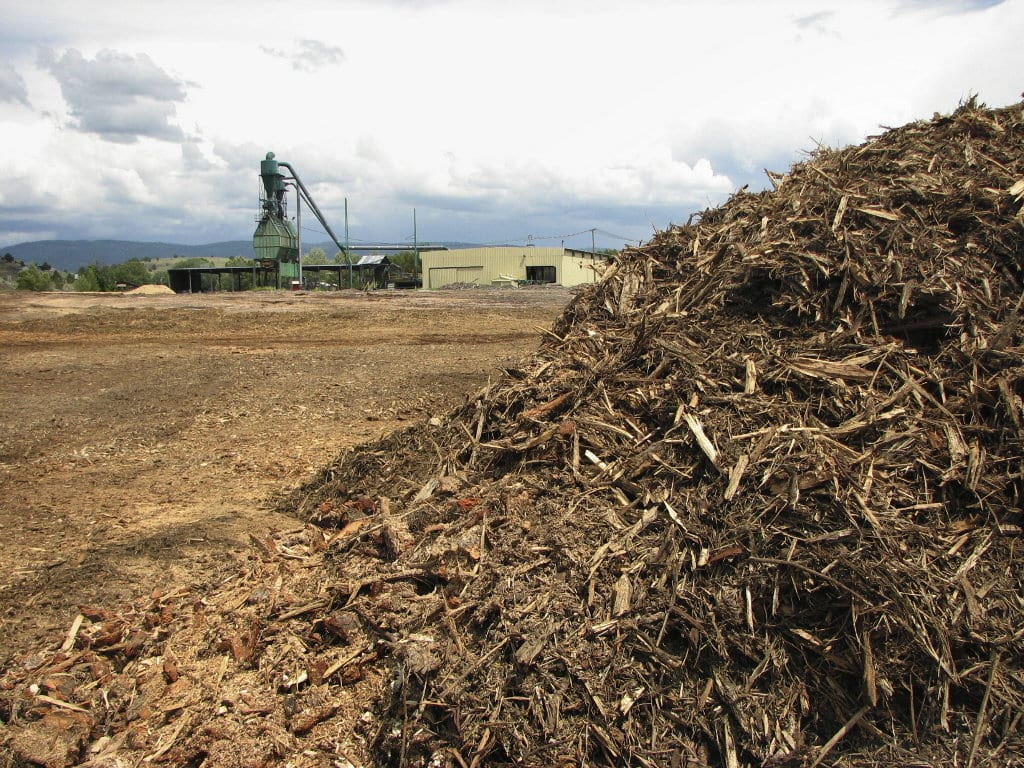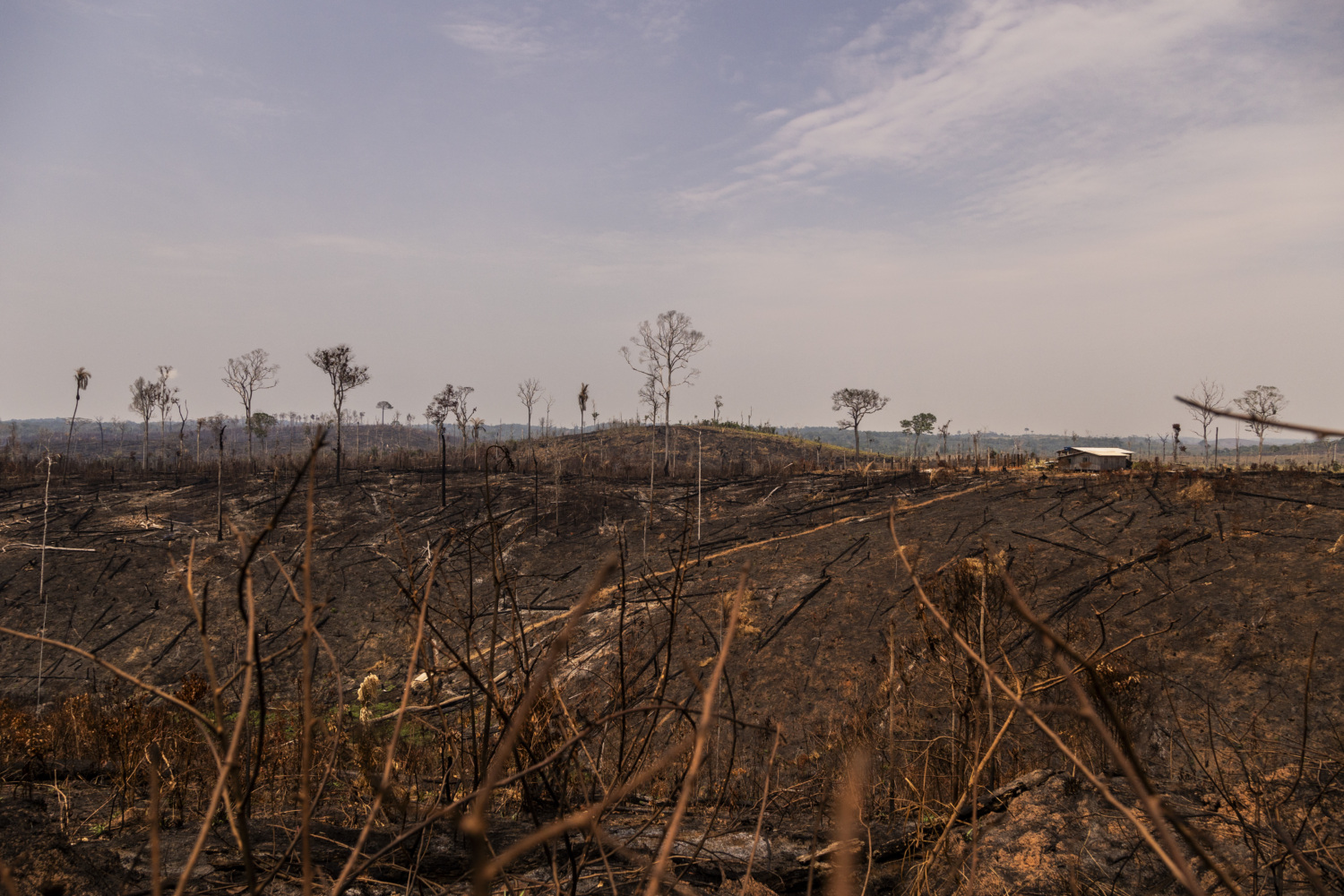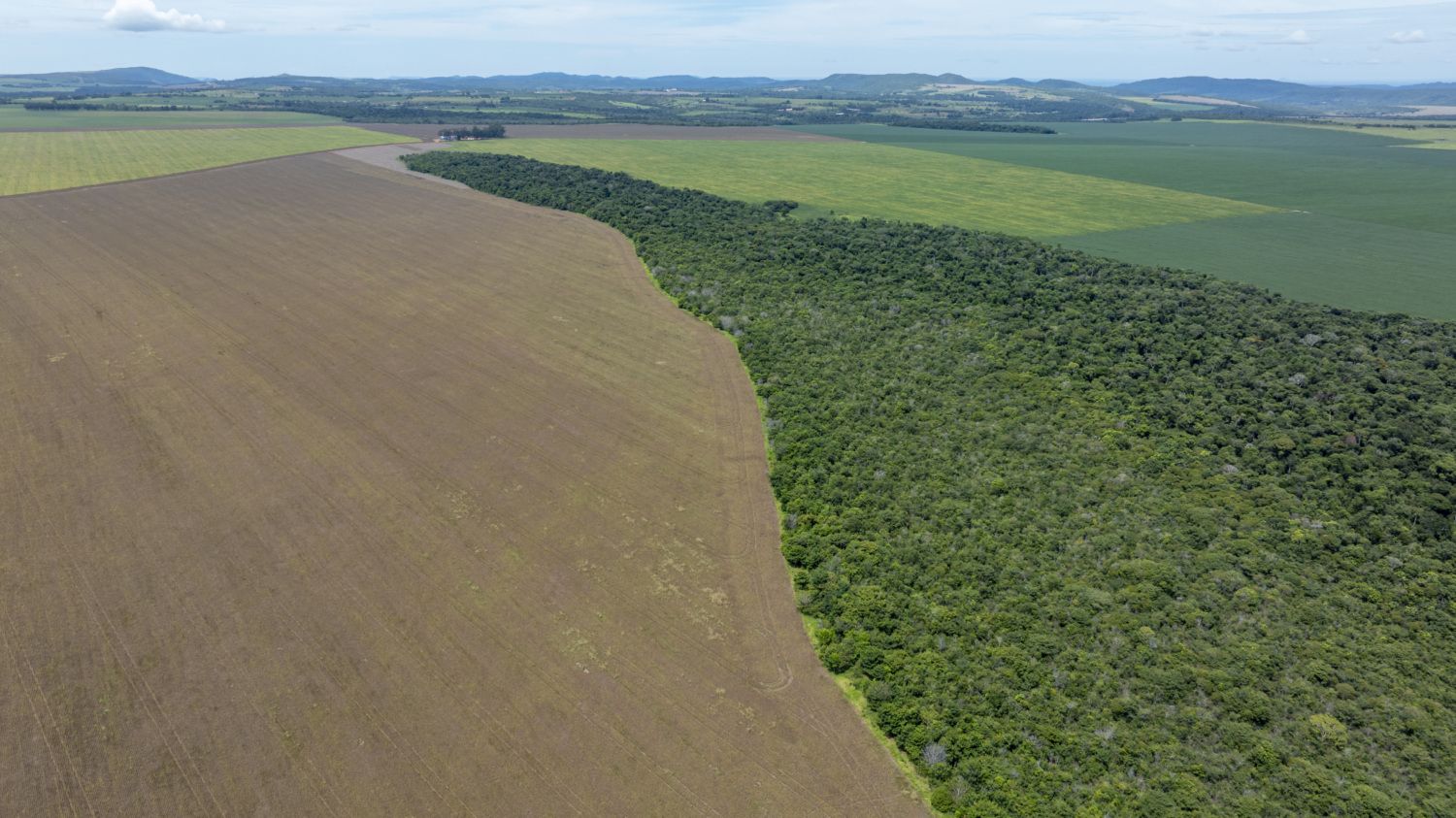
Joint Statement re: 2021 Revisions to Biomass Plan Development Guidelines (Japan’s Feed-in-Tariff)
Japan’s Ministry of Trade, Economy and Industry’s (METI) issued revised “Business Plan Development Guidelines” for biomass power generation under the feed-in-tariff on April 1st, 2021. The undersigned organizations found the revisions inadequate regarding climate change and biodiversity and urge the speedy adoption of greenhouse gas emission limits and stronger criteria regarding the environmental sustainability of biomass fuel.
Background
In October 2020, the Japanese government announced a goal to achieve carbon neutrality by 2050. However, the feed-in-tariff renewable electricity incentive program, which began in 2012, includes no assessment of greenhouse gas emissions. We have particular concerns about biomass power generation, as this form of thermal power generation has potential impacts on forests, ecosystems and biodiversity, and has emissions of greenhouse gases throughout its lifecycle. The Agency for Natural Resources and Energy under METI convened a “sustainability working group” which has held deliberations regarding the sustainability of biomass fuel under the feed-in-tariff. Unfortunately, the guidelines for biomass generation did not undergo significant changes from last year, and lack any sort of greenhouse gas emissions limits, potentially making it more difficult to achieve Japan’s 2050 climate target, protect forests or further the sustainable use of forests.
Japan’s rapid expansion of biomass imports has drawn international concern. In February 2021, more than 500 academics issued a letter (English, Japanese) to Prime Minister Suga and other world leaders warning of deforestation from the use of biomass fuel. In addition, in September 2020, 17 environmental organizations from the United States sent a letter (English, Japanese) to the Japanese government asking for wood pellets to be removed from the feed-in-tariff due to concerns about their impacts on American forests.
Lifecycle Greenhouse Gas Limits Needed
The current biomass guidelines lack any limits for greenhouse gas emissions. To address climate change, there needs to be a strict upper limit on lifecycle greenhouse gas emissions limits covering all biomass fuel types. The combustion of biomass originating from forests (primarily wood pellets and wood chips) is especially problematic as it rapidly releases carbon stored in the forests into the atmosphere and also risks the release of carbon accumulated in the soil over a long period of time. Even if forests regrow completely after logging, the time period for this can range from decades to more than one hundred years, so it cannot be said that forest biomass is carbon neutral.
In addition, in cases where the production of biomass fuel causes changes in land-use, including conversion of forests, emissions will be even greater. Furthermore, most of the biomass projects are using fuel imported from overseas and have high greenhouse gas emissions from transportation. We strongly urge the Sustainability Working Group to adopt a strict greenhouse gas emission standard this year in order to contribute towards the 2050 carbon neutrality target.
Palm Oil Should be Removed from the Feed-in-Tariff
We welcome the change in guidelines that limits new biomass fuel types to be included in the feed-in-tariff to “inedible byproducts.” However, we note that palm oil, an “edible primary product,” is still included. This is a major contradiction and palm oil should be removed from eligibility. Under the guidelines, only palm oil that demonstrates sustainability with RSPO or RSB certification can be used. However, neither of them are able to solve the problem of competition between fuel and food and additionally, there are no greenhouse gas thresholds under RSPO criteria.
Sustainability Standards Needed for All Biomass Fuels
After two years since the start of the Sustainability Working Group, there is now a requirement to obtain sustainability certificates for palm oil and palm kernel shells (PKS). However, despite the feed-in-tariff for biomass overwhelmingly supporting the burning of wood, there has not even been any consideration of standards to protect forest ecosystems and biodiversity. There are many important issues to address including protecting forests’ long-term stores of carbon, preventing the conversion of natural forests to tree plantations, stopping forest loss and degradation from logging, preventing the destruction of forest habitat, protecting biodiversity, and more.
In addition, despite the fact that the guidelines specify that certifications for imported woody biomass fuel are required, in reality there have been problematic examples of plants which are operating without forest sustainability certificates and with only proof of legality. A survey found some cases of only “chain of custody” certificates that lack the corresponding “forest management” certificates needed to cover issues related to sustainability in the forests the fuel was sourced from.
To solve this problem, the guidelines need to clarify what is meant by certifications for woody biomass. Deliberations and the implementation of sustainability standards for all types of biomass fuel eligible under the feed-in-tariff are needed urgently.
Transparency and Certification System & Ensuring Compliance
Under these guidelines, power plants using palm oil biomass are required to publish the name of the third-party certificate, the amount of certified fuel, and the identification number for the certified fuel on their website. However, since outside parties cannot access information about the oil processing plant or plantation from the identification number alone, it cannot be said that it ensures transparency. To avoid serious problems like human rights abuses, deforestation and the development of peatlands, etc., it is necessary to require information regarding processing plants and plantations of suppliers to be made public. We ask for similar information disclosure for all types of imported forest-derived biomass.
In addition, at present there is no method for confirming compliance with the measures required by the guidelines under the feed-in-tariff. In the case of byproducts like PKS, where certification requirements are currently postponed, there is a condition requiring the disclosure of details about voluntary efforts and the origins of the fuel (such as the plantation it is from) on the firm’s webpage, but many power plants do not publicize this data. Also, last year the Fukuchiyama City and Maizuru City palm oil plants in Kyoto Prefecture, respectively, stopped operation or were cancelled, and both cases had inadequate consultation with nearby residents. In Fukuchiyama, the neighbors were afflicted with noise and odors which progressed to mediation over pollution-related issues. So as not to have situations like this, it is necessary to establish a system to ensure compliance with the guidelines and sustainability/legality certification with corrective actions for non-compliance.
Compliance Deadlines Should Not be Extended
Until now primary products (palm oil) were required to be certified by March 31, 2021, with a deadline for March 31, 2022 for secondary products (PKS), but they were both extended one year to March 31, 2022 and March 31 2023, respectively. The reason given was that COVID-19 made the procurement of certified products difficult, but extending the grace period means that fuel lacking sustainability certificates will continue to be used. As a result, affected biomass plants can be thought of as having a negative influence on forest ecosystems, biodiversity and human rights. Even with the pandemic, ensuring sustainability should be a basic pre-condition, so it is not necessary to extend this compliance period.
In fiscal year 2020, the discussions of the Sustainability Working Group in 2020 never reached a point where clear criteria regarding lifecycle greenhouse gas standards could be introduced. In addition, there were no deliberations about resolving the many problems related to the sustainability of woody biomass. We urge METI to reconvene this group in 2021 to discuss a greenhouse gas standard and sustainability standards for woody biomass, as both are urgently needed, especially for imported biomass fuel.
(organizations listed in alphabetical order)
Sponsoring organizations:
Biomass Industrial Society Network, Director Miyuki Tomari (Japan)
Friends of the Earth Japan (Japan)
Global Environmental Forum (Japan)
Endorsing organizations:
Australian Forests and Climate Alliance (Australia)
Bob Brown Foundation (Australia)
Dogwood Alliance (USA)
Environment East Gippsland (Australia)
Fridays For Future Sendai (Japan)
HUTAN Group (Japan)
Ichihara Coal Plant Concerns Group (Japan)
Japan Tropical Forest Action Network (Japan)
Kiko Network (Japan)
Maizuru City Western District Environmental Concerns Group (Japan)
Mighty Earth (USA)
Natural Resources Defense Council (USA)
Partnership for Policy Integrity (USA)
Pivot Point (USA)
Plantation Watch(Japan)
Rainforest Action Network (USA)
Sodegaura Residents Policy Study Group (Japan)
Soga Coal Power Plant Concerns Group (Japan)
Solutions for Our Climate (S. Korea)
Stand.earth (Canada)
Yokosuka Coal Plant Concerns Group (Japan)
Wilderness Society (Australia)
WWF Japan (Japan)


